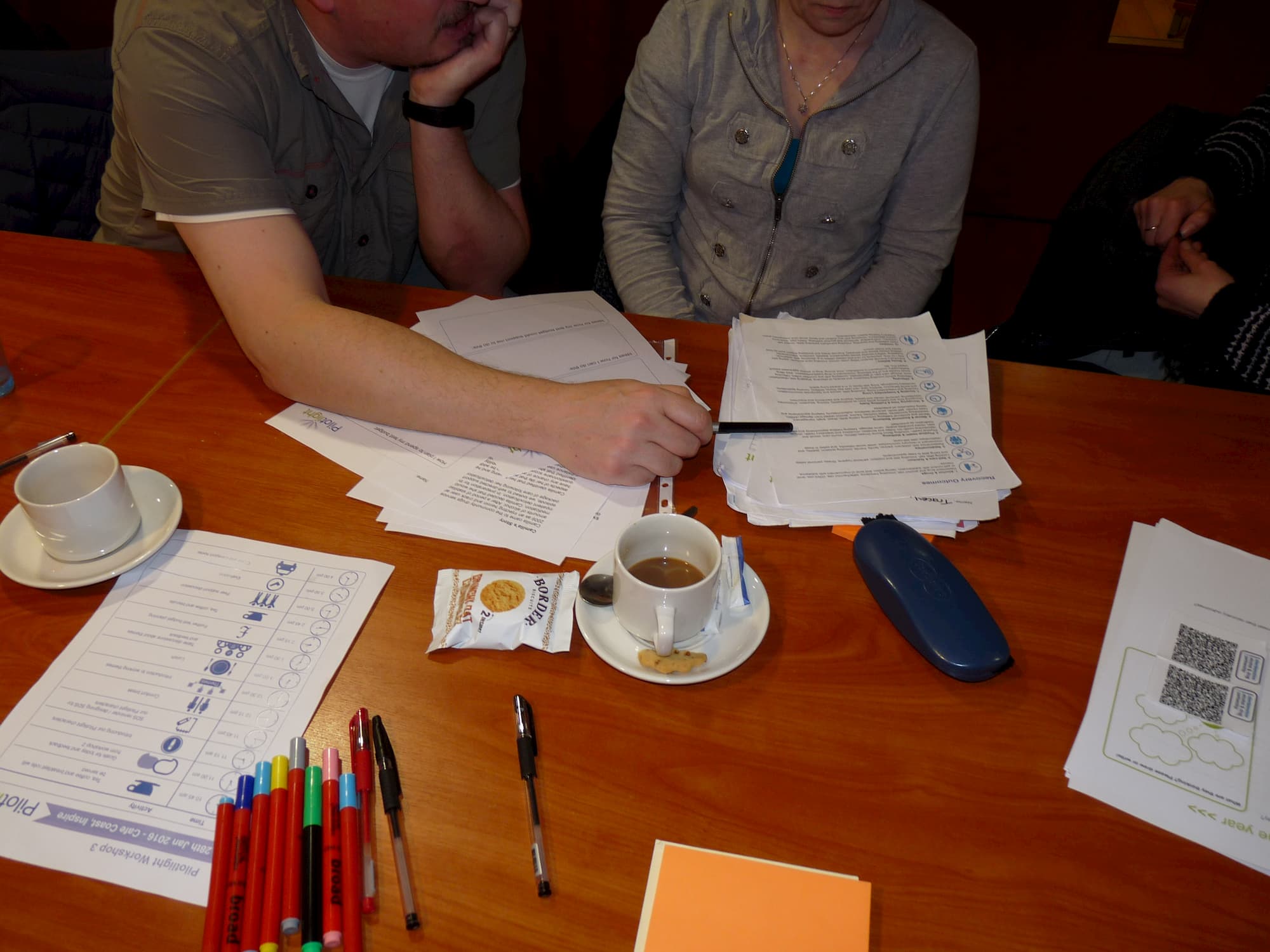
In the Pilotlight SDS for substance misuse recovery pathway we are working with people with lived experience, providers and commissioners to understand how self-directed support could be used to improve support by raising awareness and understanding of self-directed support, as well as confidence and capacity to take greater control of the design and delivery of support.
A key strand of phase 1 of this work has been the provision of test budgets to the co-design team members with lived experience. As we could not find any examples of people in Scotland using self-directed support for substance misuse recovery, we thought it important to test out how small amounts of money might be used. Before joining the co-design team, members with lived experience were advised that they would be entitled to a test budget of up to £800, based on £100 per workshop attended.
In the second of the eight workshops we introduced the recovery outcomes and asked co-design team members with lived experience to pair up with practitioners to have a conversation about which recovery outcomes they wanted to focus on. Some pairs also started to discuss ideas for how the test budget could be spent to progress towards the identified recovery outcome/s and record this on the straightforward paperwork. This planning activity continued at the third workshop. We started paying out the test budgets from this workshop onwards. Test budget recipients were able to control the pace at which they accrued and then claimed the money. All chose to ‘save up’ until they had the amount required for the item or support identified.
At each subsequent workshop test budget recipients worked with the practitioners to have a conversation and record the progress they were making in spending their test budgets.
So what were the recovery outcomes that people chose to focus on and how did they use their budgets?
Person A
Recovery Outcomes : Alcohol and drugs, Relationships, Mental and emotional wellbeing, Occupying time and fulfilling goals, Housing and independent living and Money matters
Test Budget Use : £300 for one year’s internet, £250 for a 100 hour long TEFL internet teaching course and £250 for interview clothes
Reasons : Stay in touch with friends and family, Online SMART recovery, TESLA course online, Clothes for interview
Person B
Recovery Outcomes : Occupying time and fulfilling goals, Children - maintain contact with daughter
Test Budget Use : Provisional driving license £56, Driving theory test £35 x 3, Block driving course £580, Bus fares to and from Aberdeen £12 x 3
Reasons : “It will change my life if I could drive and I have more employment opportunities”.
Person C
Recovery Outcomes : Mental health - negative thinking, stress, smoking, Spiritual growth - inner peace, Education - study
Test Budget Use : Travel to Plus Carden Abbey for retreat £28 + £50 donation, Laptop £300, Printer, Hypnotherapy and counselling
Reasons : Develop IT skills. SMART recovery training. College home study course “I tried hynotherapy session but felt it was too expensive and not for me.”
Person D
Recovery Outcomes : Relationships, Fulfilling Goals
Test Budget Use : Laptop £400, One year broadband £216, Highway Code £2.50, Theory test £23, Car driving £62
Reasons : “Having broadband would really help me to learn before getting a job.Having a landline would really help me to stay in touch with family.”Increased employment opportunities.
Person E
Recovery Outcomes : Occupying time, Self-care - Eye test leading to new glasses, Mental and emotional wellbeing
Test Budget Use : Car tax £151, Fuel £30, MOT £55, Eye test and new spectacles, New battery £114
Reasons : “Due to the test budget I have over recent months been able to put my car on the road for the first time in two years. This permits freedom to attend various meetings/ courses that would otherwise be very difficult due to rural transport. Reduces isolation.”
